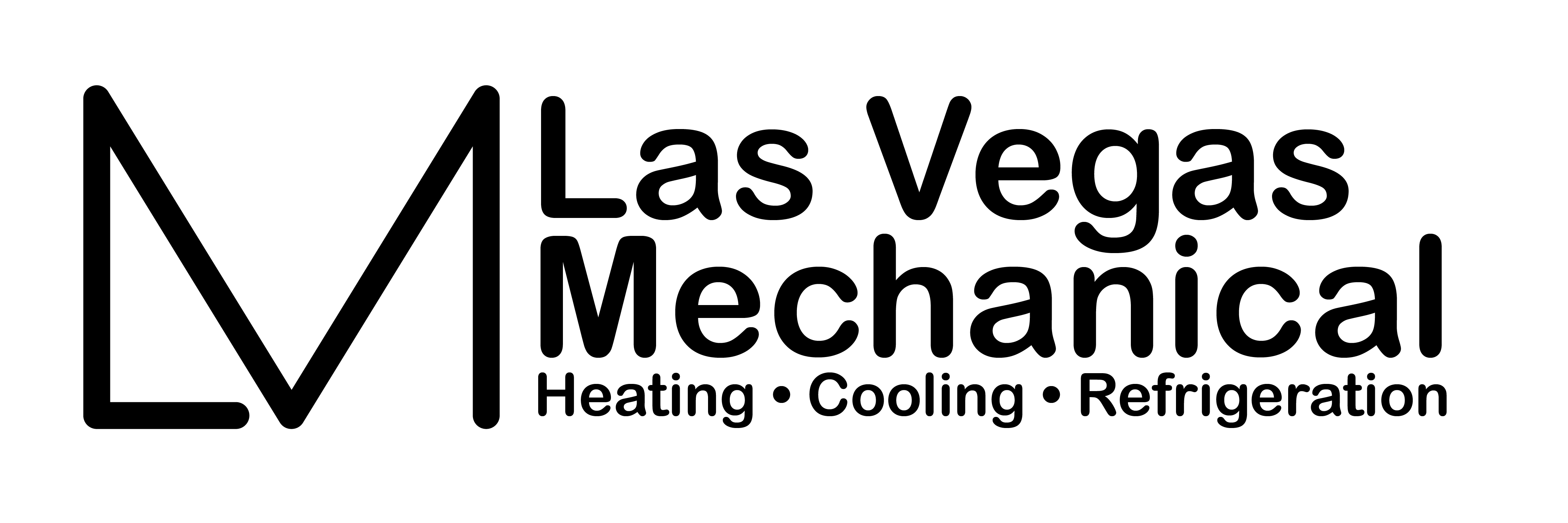Air Purifiers
(702) 800-3000

About Air Purifiers
During the back half of the 19th century — a time when tuberculosis was widespread in smog-choked cities across the United States and Europe — fresh air was thought to be a potent elixir for diseases of the mind and body. This was the golden age of the spa town, and the unwell flocked to mountain, desert, or seaside resorts — often at the direction of their doctors — to recuperate in the clean, salubrious air.
Fresh air has since gone out of fashion as a primary form of medical treatment. But as vehicle traffic, factories, and seasonal wildfires spread pollutants across large swaths of the country and rates of asthma continue to rise, air purifiers have become a hot retail item. While research on the long-term health benefits of these devices is lacking, experts say they likely do some good — certainly for those who suffer from lung-related health problems and probably for everyone else too.
A 2011 review of the research on air filters and cleaners found that a range of these products — from whole house HVAC filters to portable single-room air purifiers — improved symptoms among people with asthma and allergy-related respiratory disease. “Airborne particulates can trigger allergies or act as irritants, and air cleaners can be effective at filtering these out,” says Dr. James Sublett, author of that review and a clinical professor of pediatric allergy and immunology at the University of Louisville School of Medicine.
Science shows that airborne pollutants raise a person’s risks for a range of diseases. Exposure to ambient air pollution — composed mostly of large and small particles of hundreds of different chemicals — can interfere with the action of specialized T-cells, which normally help calm down the immune system and reduce inflammation. One 2010 study in the Journal of Allergy and Clinical Immunology found that this T-cell interference was associated with higher levels of asthma among kids. The lead author of that study later said these and other pollution-induced immune system changes could also play a role in the development of allergies, cancer, heart disease, autoimmune disease, and endocrine disorders — all of which independent research has also linked to air pollution.
But it is not just immune function and physical well-being. “There are also lots of studies on air quality’s associations with mental health,” says Dr. Mary Prunicki, director of air pollution and health research at the Sean N. Parker Center for Allergy and Asthma Research at Stanford University. In 2019, research from the University of Cincinnati found that high levels of traffic-related air pollution corresponded with an uptick in anxiety symptoms among children. Young kids exposed to these vehicle pollutants were also at greater risk for anxiety and depression symptoms later in adolescence, the research found. Studies have also turned up correlations between air pollution and mental health disorders in middle-aged and older adults. Brain inflammation and damage caused by pollution may explain the connection, the authors of these studies write.
These plug-in air purifiers have limited range, meaning they can usually only clean the air in one or two rooms at a time and only if windows and doors are closed to keep outside air from circulating in.
There’s little doubt that outdoor air pollution is unhealthy. Prunicki says these pollutants inevitably migrate indoors through open doors and windows, where they contribute to the indoor toxins emitted by fireplaces and fuel-burning appliances, paints, new or degrading building materials, mold, and other sources. These too are associated with elevated risks for a range of maladies, from heart disease to cancer.
Considering the many health harms associated with bad air, it makes sense that using an indoor air cleaner would help lower a person’s risks for a range of medical conditions. But Prunicki says the research in this area is sparse. “There’s a lot that’s not known because the research hasn’t been done,” she explains.
She and colleagues are in the midst of a study that will assess whether air purification has an effect on lung function, blood pressure, and other health measurables among college students with healthy lungs. But these sorts of studies — that is, ones that assess how scrubbing the air of toxins can help healthy folks — are few and far between.
Some air purifiers may also come with risks. “There was a time when a lot of these indoor air purifiers used ionization to create charged particles, which would trap [air pollution],” says Rufus Edwards, an air pollution researcher and professor of epidemiology at the University of California, Irvine. “The problem is that these also produce ozone, which is very bad in an indoor environment.” Breathing in ozone impairs lung function and, in the long run, increases a person’s risk for heart disease and death. While there are plenty of air purifiers that either eschew ionization or produce only trace levels of ozone, he says people still need to be cautious.
Despite the hazards of some purifiers, as well as the lack of hard research on their health benefits for healthy folks, experts say they’re generally a good idea. “We know without a doubt that indoor air filtration will help asthmatics with their symptoms, so they work,” Prunicki says. “I’m not aware of any downsides.”
The first and best step in scrubbing indoor air of pollutants, Edwards says, is installing a HEPA filter in a home or apartment’s heating and cooling system, if possible. HEPA stands for high efficiency particulate air, and it’s a type of filter that latches onto airborne pollutants. “These can have a huge impact on reducing particulate exposure,” he says. Change this filter every three months and buy filters that have a minimum efficiency reporting value (MERV) rating of between eight and 12. MERV refers to the filter’s ability to capture pollutant particles.
When it comes to portable air purifiers — the types that plug into a wall — both Prunicki and Edwards recommend choosing a model certified by the California Air Resources Board (CARB). These models are tested for safety and minimal ozone production. Edwards further recommends selecting a model that employs a HEPA filter coupled with mechanical filtration, as opposed to a model with an electronic filter. He says mechanical filters — which basically draw air through a filter that catches fine particles — clean air more effectively than electronic models. (The CARB website lists these specifics, and plenty of certified models are available on Amazon and from major retail brands like Dyson and Honeywell.)
Also, important: These plug-in air purifiers have limited range, meaning they can usually only clean the air in one or two rooms at a time and only if windows and doors are closed to keep outside air from circulating in. Unless you are willing to buy and pay the electricity bill for multiple units, Sublett says it’s best to install one in your bedroom at night. “That’s where you spend about a third of your life,” he says. Just make sure the purifier is rated for the size of the room where you plan to set it up.
The combination of a HEPA filter in your home’s HVAC system and an air purifier in your bedroom provides an effective and (fairly) economical safeguard against airborne pollutants in the home — and their attendant health risks.
UV Air Cleansers
Dehumidifiers
Get Started
Contact us today at Las Vegas Mechanical to get a free quote. Our HVAC experts are here to service all of your air conditioning needs.
